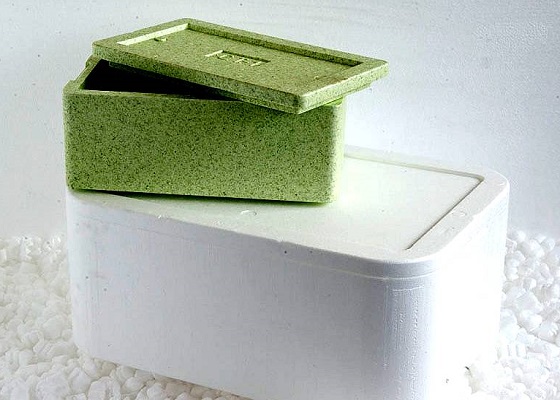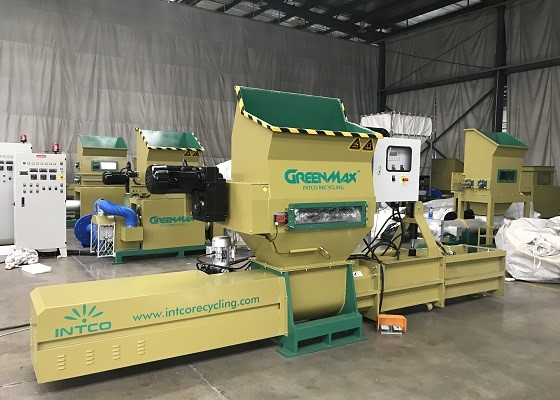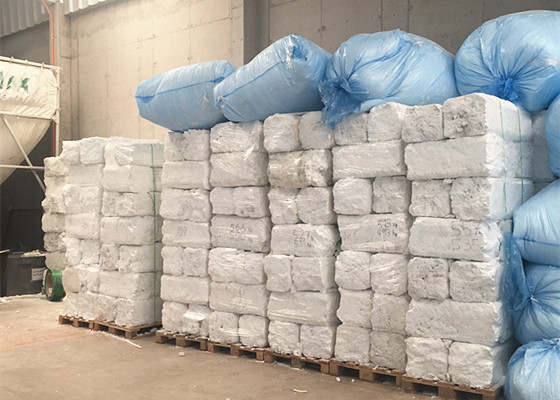Styrofoam cooler boxes, commonly used for packaging and transporting perishable goods, pose a significant waste management challenge. Styrofoam is lightweight, non-biodegradable, and takes up considerable space in landfills. To mitigate the environmental impact of Styrofoam waste, it is crucial to adopt sustainable practices that prioritize recycling. One effective solution is the use of Styrofoam compactor, specialized machine designed to reduce the volume of Styrofoam waste.
Styrofoam waste poses several significant environmental concerns. Firstly, its non-biodegradable nature means that it remains in the environment for hundreds of years, leading to the accumulation of waste in landfills and natural habitats. Styrofoam is also notorious for its lightweight, which makes it prone to being carried by wind and water, contributing to litter and marine pollution. Marine wildlife often mistakes small Styrofoam pieces for food, causing ingestion and entanglement, leading to injury and death. Additionally, the manufacturing process of Styrofoam involves the use of petroleum-based chemicals, contributing to carbon emissions and reliance on fossil fuels.
Styrofoam recycling machines, such as Styrofoam compactors, offer a viable solution to manage and recycle Styrofoam waste effectively. These machines utilize advanced technology to compress Styrofoam waste into blocks, reducing its volume significantly. By compacting Styrofoam, transportation and storage become more efficient, reducing the space required in landfills and lowering transportation costs. Styrofoam compactors also play a vital role in preventing the dispersion of lightweight Styrofoam particles into the environment.
Moreover, Styrofoam compactors facilitate the recycling process by transforming compacted Styrofoam waste into valuable recycled materials. The compacted foam can be recycled into new products such as picture frames, molding, and insulation materials. Recycling Styrofoam not only conserves resources but also reduces the demand for virgin materials and lowers carbon emissions associated with the production of new materials.
Dealing with useless Styrofoam cooler boxes requires a proactive approach to reduce waste, raise awareness, and invest in sustainable recycling solutions. Styrofoam waste poses significant environmental challenges, but through the utilization of Styrofoam recycling machines like Styrofoam compactors, we can minimize the negative impact. By compressing and recycling Styrofoam waste, we can reduce landfill space, conserve resources, and mitigate the environmental damage caused by this problematic material. Embracing sustainable Styrofoam waste management practices is not only an ethical responsibility but also a step towards a cleaner and more sustainable future.


